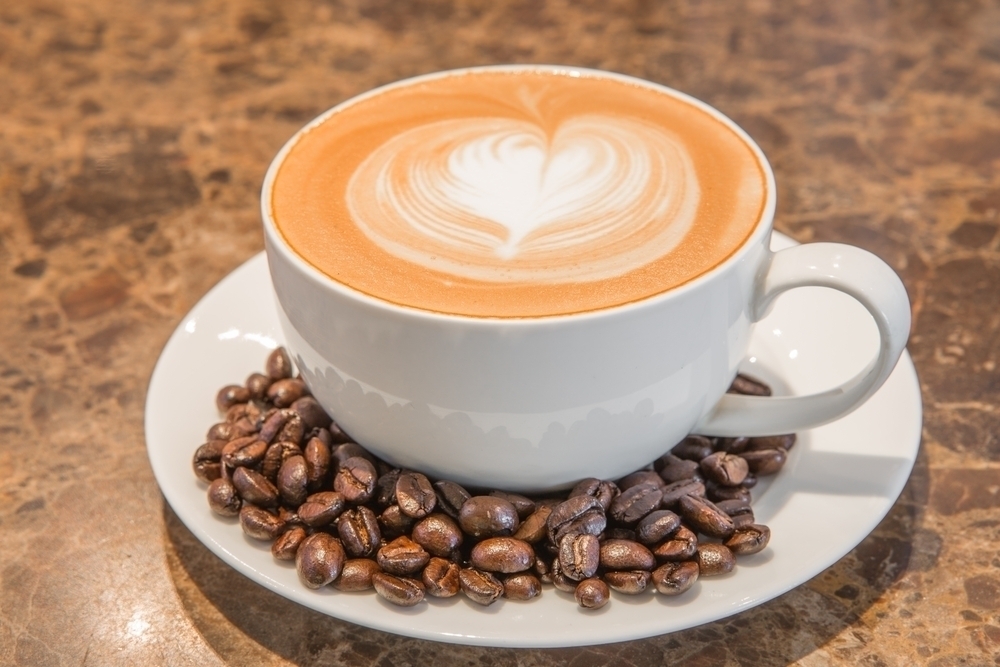I have switched from drinking coffee to organic cocoa and decaf coffee to reduce my risk of getting benign breast cysts and fibroids as caffeine from coffee is known to cause benign cysts. Coffee has been targeted as a potential cause of benign breast cysts specifically because of its caffeine content. However, the caffeine theory has not been proven scientifically. Still, some women have found that reducing their caffeine intake has coincided with reductions in the size and number of cysts.
For me, it is a case of ‘not taking any more chances’. I had undergone a laproscopic myomectomy surgery to remove an 8cm fibroid from my uterus 2 months ago and certainly do not wish for a regrowth of fibroid in my uterus.
Caffeine and Estrogen
Since estrogen can cause fibroids to grow, anything that raises estrogen levels in the body might make fibroids worse. According to a study by the National Institutes of Health, conducted from 2005 to 2007, Asian women who consumed the equivalent of more than 200 milligrams of coffee each day had higher estrogen levels than those who didn’t. The reverse was true, however, for Caucasian women — higher caffeine intake was associated with lower estrogen levels. The source of the caffeine also affected estrogen levels. Consumption of more than one cup each day of caffeinated soda or green tea was associated with a higher estrogen level in both Asian and Caucasian women. The study results indicate that caffeine consumption in certain cases is linked to increased estrogen, which makes fibroids worse.
Caffeine puts stress on the liver, making it work less effectively at metabolizing estrogen in the body. With fibroids, you want to support the health of the liver by getting rid of caffeine and alcohol so it may optimally metabolize circulating estrogen.

Although there is lack of strong evidence behind the relationship between diet and fibroids, however, the absence of research doesn’t mean that diet modifications aren’t worth adopting to help women manage this condition. Most of the time, dietary recommendations will improve a woman’s health overall, with the side benefit of possibly helping to better manage fibroids.
The Caffeine Factor On Breast Lumps
There is no direct correlation between non-cancerous breast lumps; however, caffeine does play a significant role. Consuming large amounts of coffee causes an imbalance to the hormone levels, which can result in some pain and some cysts to develop in the breast. Ease up on the consumption of caffeine. Caffeine causes your hormones to go out of whack, which can lead to a host of other secondary problems, such as breast lumps. Cut down on the following beverages and foods to get your hormones back in balance: coffee, tea, sodas, and chocolate. Cutting these caffeine sources out of your diet should reduce lumps and tenderness within a couple months.
According to Mayo Clinic, caffeine doesn’t appear to cause breast cysts (fibrocystic breast changes), a noncancerous (benign) breast disease. There’s also no evidence to suggest a link between caffeine and breast cancer.
Anecdotally, some women report that breast pain symptoms improve when they go off caffeine or reduce the amount of caffeine in their diets. Although no research has documented this effect, it’s OK to go caffeine-free to see if it relieves discomfort from breast cysts.
